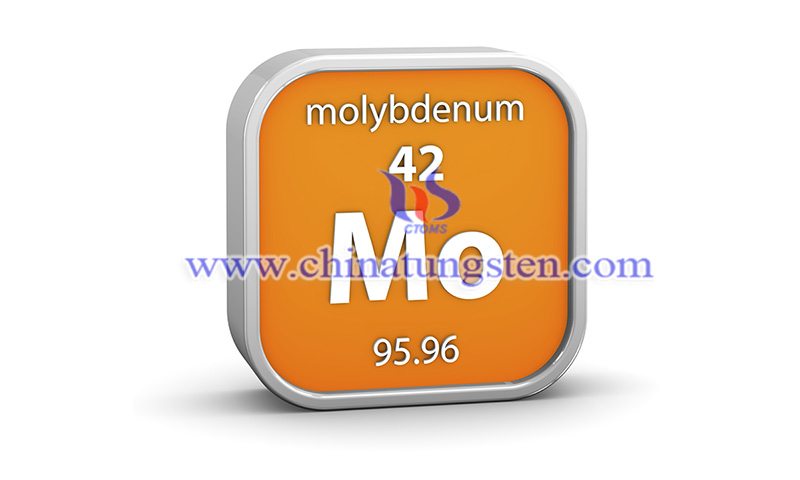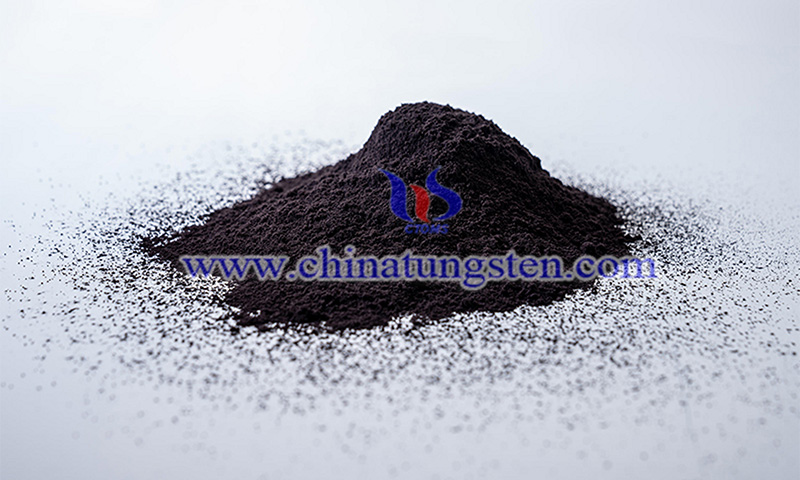What to Know About Molybdenum
- Details
- Category: Tungsten's News
- Published on Saturday, 23 April 2022 21:55
Molybdenum (Mo) plays an important role in human health, as this essential mineral is involved in processing proteins and genetic material, and helps the body break down toxic substances. Mo is found in the soil and we usually get enough of it through plants and meats in our diet, the richest sources of which include legumes, grains, and organ meats.
Various body processes rely on Mo. Molybdopterin is a cofactor required for the function of certain enzymes in the body, and there is currently little evidence that people need to supplement with this trace mineral. However, some believe that supplements have a role in addressing the symptoms of Candida infections.

Miners, metal workers, and others who encounter high levels of molybdenum in the environment may sometimes experience gout-like symptoms with high levels of uric acid in the blood. Uric acid causes tiny crystals to form around joints, which can lead to pain and swelling in that area.
The tolerable upper intake level (UL) is the maximum daily intake of a nutrient that is unlikely to cause harmful health effects for most people. Doctors advise people not to exceed this level on a regular basis. The UL for Mo for adults is 2,000 micrograms (mcg) per day.
In some cases, Mo supplements can cause serious side effects, even at doses below the UL. In one case in 1999, a man consumed 300-800 micrograms of Mo per day for 18 consecutive days. As a result, he developed acute psychosis with visual and auditory hallucinations, seizures, and brain damage.
In addition, some studies have suggested that high Mo intake may affect bone growth and mineral density. For example, an observational study letter source involving 1,496 adults found that increased levels of Mo intake may lead to decreased bone density in the lumbar spine in women aged 50 years and older.
In some people, a rare genetic disorder called Mo cofactor deficiency results in a deficiency. This condition prevents the body from synthesizing Mo pterin and sulfite oxidase. It can lead to severe seizures and neurological damage that can be fatal in early childhood.

Molybdenum is an important trace mineral that helps the body flush out harmful sulfites and prevents toxins from building up in the tissues. Mo deficiency is rare, and the vast majority of people get enough Mo from a diet of beans, grains, dairy products and organ meats. Therefore, most people do not need to supplement with Mo unless a healthcare professional recommends taking it.
| Molybdenum Supplier: Chinatungsten Online www.molybdenum.com.cn | Tel.: 86 592 5129696; Fax: 86 592 5129797;Email:sales@chinatungsten.com |
| Tungsten News & Prices, 3G Version: http://3g.chinatungsten.com | Molybdenum News & Molybdenum Price: http://news.molybdenum.com.cn |



 sales@chinatungsten.com
sales@chinatungsten.com